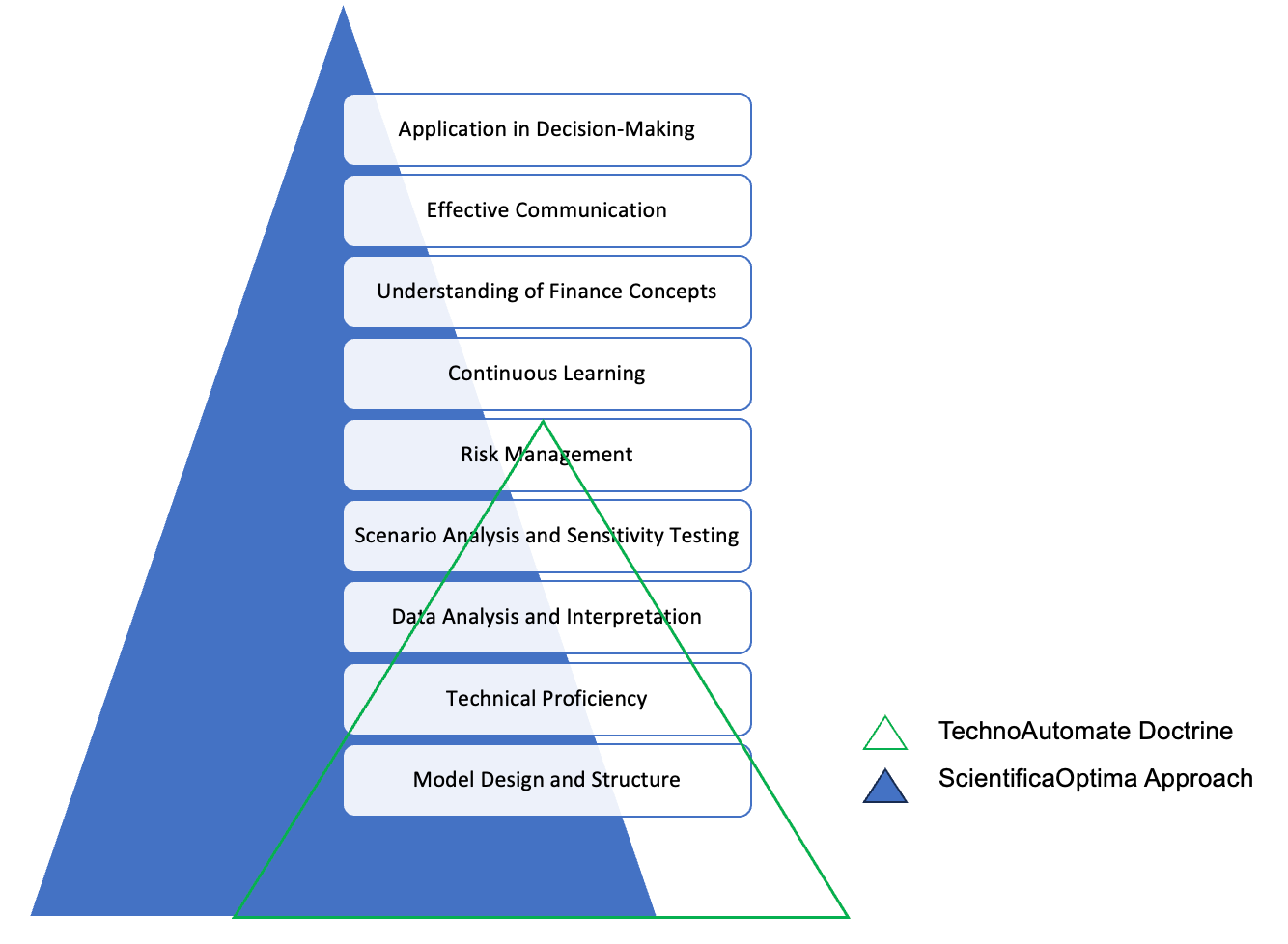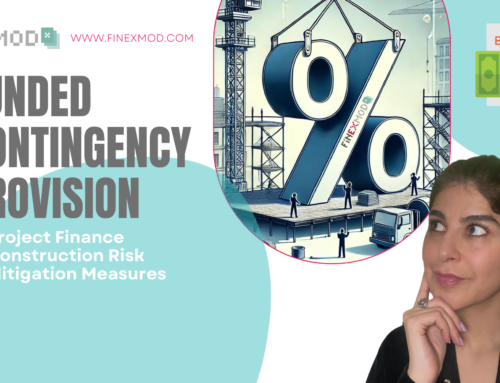I am one of the few in the corporate world who made financial modeling my profession. When you designate a subject as your profession, it signifies your intent to achieve mastery in that particular field. But what does mastery in financial modeling mean?
According to ChatGPT, achieving mastery in financial modeling involves the following components:
- Technical Proficiency
- Understanding of Finance Concepts
- Model Design and Structure
- Data Analysis and Interpretation
- Scenario Analysis and Sensitivity Testing
- Risk Management
- Effective Communication
- Continuous Learning
- Application in Decision-Making
I am very impressed with the answer, especially regarding points 6 to 9. As I always say, an excellent financial modeler can negotiate contracts.
Everything that ChatGPT mentioned about the meaning of mastery in financial modeling is accurate, and I have experienced and observed it in real life. However, as humans, we don’t function solely based on processes; instead, what drives us are our beliefs and the school of thought to which we belong. Based on my observations, two leading schools of thought regarding the concept of mastery in financial modeling exist.
TechnoAutomate Doctrine:
This mindset believes that the financial model is a tool to be handled by skilled spreadsheet engineers and, eventually, programmers. This group of people sees progress in financial modeling through automation. With the integration of AI into spreadsheets, discussions are increasingly centered around this perspective.
ScientificaOptima Approach:
This group perceives progress in optimization. They view the financial model as a puzzle piece in the complex process of corporate decision-making. They consider mastery to be in understanding concepts and being able to test financial measures and policies using simple and efficient tools.
Components 6 to 9 are more emphasized in the ScientificaOptima Approach than in the TechnoAutomate Doctrine.

Diversity of thoughts is always positive. In fact, within this domain, these two schools of thought are not conflicting; instead, they complement each other. However, when either perspective becomes extreme, it becomes a distinct school of thought and gains a label.
Mastery is an ongoing pursuit, so one can make a profession around a vast subject like financial modeling, enabling a lifelong journey toward mastery.
For those seeking further resources on project finance modeling, I encourage you to explore additional materials available on my website, www.finexmod.com


